As A Purchasing Professional What Is Your Most Important Decision
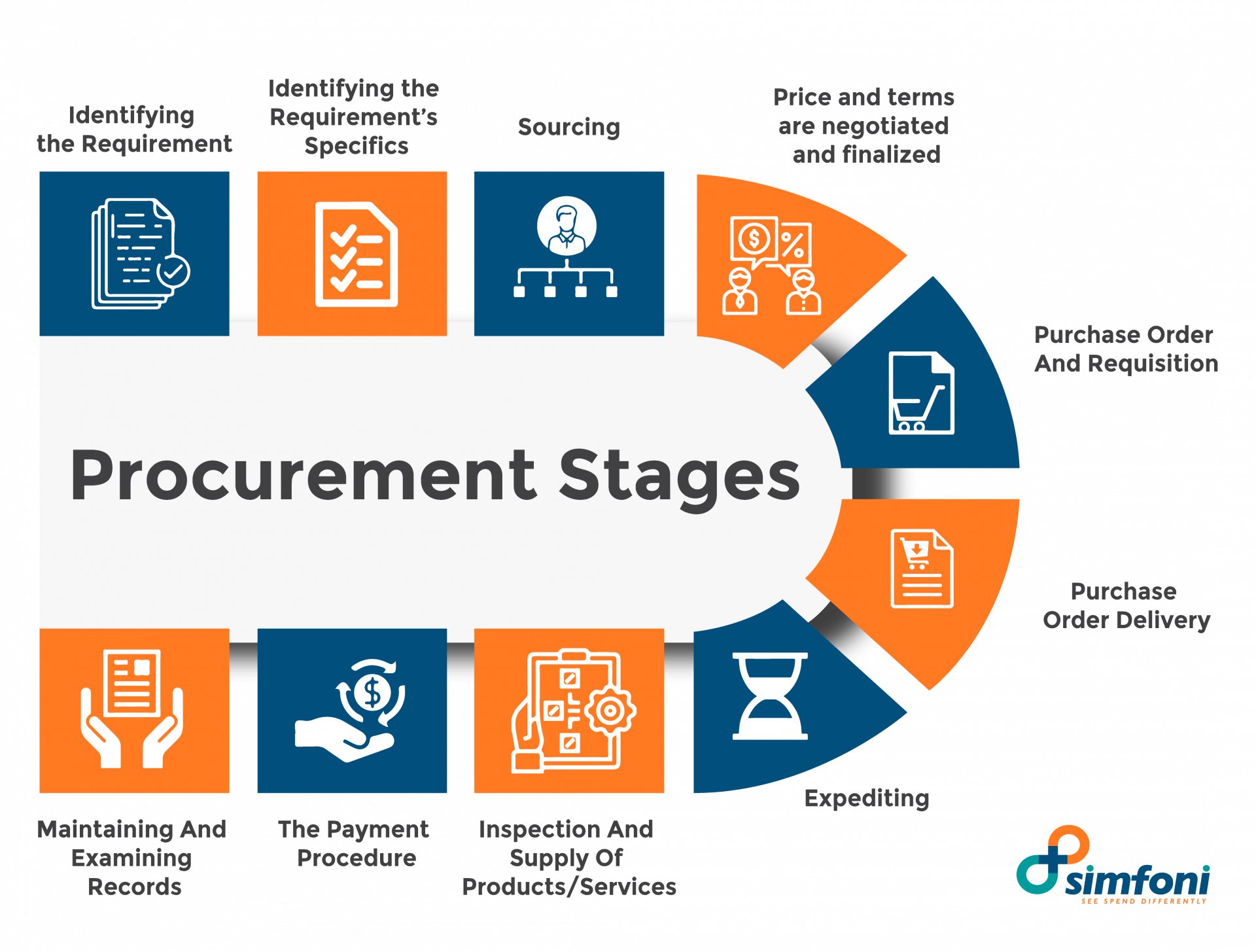
The hum of the factory floor was a constant, a low thrumming that vibrated through Sarah's bones as she reviewed the latest supplier bids. Sunlight streamed through the large windows, illuminating stacks of documents and the glow of her computer screen. Each number, each line of text, represented more than just materials and costs; they represented jobs, deadlines, and ultimately, the success or failure of the products they were creating.
At the heart of every purchasing professional's role lies a critical, often unspoken, decision: choosing not just the best price, but the best value. This choice, encompassing quality, reliability, sustainability, and ethical considerations, dictates the entire supply chain and ultimately impacts the company’s bottom line and its reputation.
The Weight of the Decision
The role of a purchasing professional has evolved dramatically in recent years. It's no longer simply about securing the lowest price. Today, it’s about building strategic partnerships and making decisions that align with the company's values and long-term goals.
Sarah, a seasoned purchasing manager at a mid-sized manufacturing company, explains, "When I first started, it felt like the main objective was always to cut costs. Now, it's about finding the right balance between cost, quality, and risk." This shift requires a more holistic approach, considering the entire life cycle of a product, from raw materials to disposal.
The Allure of the Lowest Bid: A Dangerous Game
The temptation to always choose the lowest bid is ever-present, especially when under pressure to meet budget targets. However, this strategy can backfire spectacularly. Sacrificing quality for price can lead to production delays, increased warranty claims, and ultimately, damage to the brand's reputation.
Consider the case of a major electronics manufacturer who opted for a cheaper supplier of circuit boards. The initial cost savings were significant, but the failure rate of the boards was unacceptably high. This resulted in massive recalls, production halts, and a substantial loss of customer trust, costing the company far more than the initial savings.
"Price is what you pay. Value is what you get," Warren Buffett famously said.
Beyond Price: Embracing Value
So, what constitutes value in purchasing decisions? It's a multi-faceted concept that encompasses several key elements. Quality is paramount, ensuring that materials and components meet the required specifications and perform reliably.
Reliability of the supplier is also crucial. Can they consistently deliver on time and in the quantities needed? A supplier with a proven track record of dependability is worth more than a slightly cheaper option with a history of delays or inconsistent quality.
Risk mitigation is another vital component. Identifying and assessing potential risks in the supply chain, such as geopolitical instability, natural disasters, or supplier financial difficulties, allows purchasing professionals to make informed decisions and develop contingency plans.
The Rise of Sustainable and Ethical Sourcing
Increasingly, companies are recognizing the importance of sustainable and ethical sourcing. Consumers are more aware of the social and environmental impact of their purchases, and they are demanding greater transparency from businesses.
Purchasing professionals are at the forefront of this movement. They are tasked with finding suppliers who adhere to ethical labor practices, minimize their environmental footprint, and promote responsible resource management. This often involves conducting thorough audits and assessments of potential suppliers to ensure compliance with established standards.
A survey by the Sustainable Purchasing Leadership Council found that companies with robust sustainable purchasing programs experience increased brand loyalty, reduced reputational risk, and improved employee engagement.
Building Strategic Partnerships
The most effective purchasing professionals are not just buyers; they are relationship builders. They cultivate strong, collaborative relationships with their suppliers, fostering open communication and mutual trust. These partnerships allow for greater innovation, improved responsiveness to changing market conditions, and a more resilient supply chain.
"It's not just about finding a supplier; it's about finding a partner," says Mark, a supply chain director at a large automotive manufacturer. "We work closely with our key suppliers to develop new technologies, improve efficiency, and reduce costs. These collaborations are essential for staying competitive in today's global market."
These partnerships also enable better risk management. By having close relationships with suppliers, purchasing professionals can gain early warning of potential disruptions and work collaboratively to mitigate their impact.
Technology's Role in Modern Purchasing
Technology is playing an increasingly important role in modern purchasing. E-procurement platforms, data analytics tools, and supply chain management software are transforming the way purchasing professionals operate.
These tools enable greater transparency, improved efficiency, and better decision-making. Data analytics can help identify cost-saving opportunities, predict potential supply chain disruptions, and assess supplier performance. E-procurement platforms streamline the purchasing process, reducing paperwork and administrative overhead.
For example, a global food company uses AI-powered analytics to monitor weather patterns and predict potential disruptions to their supply of agricultural commodities. This allows them to proactively adjust their sourcing strategies and minimize the impact of adverse weather events.
The Future of Purchasing
The role of the purchasing professional will continue to evolve in the coming years. As technology advances and global supply chains become more complex, the demands on purchasing professionals will only increase.
They will need to be more strategic, more collaborative, and more technologically savvy. They will need to be able to analyze vast amounts of data, build strong relationships with suppliers, and make decisions that align with the company's long-term goals.
Ultimately, the most important decision for a purchasing professional is the commitment to making value-driven choices that benefit not only the company but also its stakeholders and the wider world. It’s about understanding that the cheapest option isn't always the best, and that true value lies in a balance of cost, quality, ethics, and sustainability.
Sarah glanced out the window, the factory floor still humming. The weight of the decision felt less burdensome now, replaced by a quiet sense of purpose. She knew that each choice she made, however small, contributed to a larger narrative—a story of responsible sourcing, ethical practices, and a commitment to building a better future. And that, she realized, was a value worth investing in.
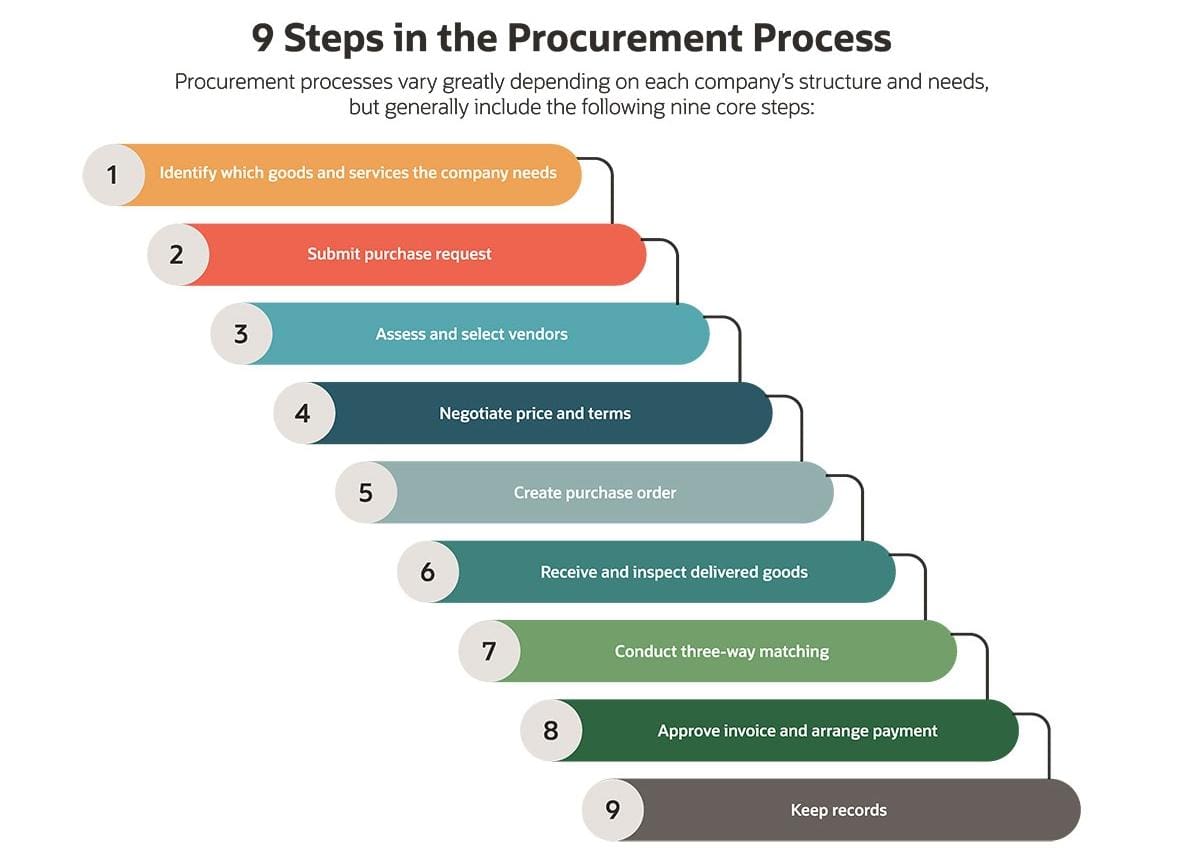
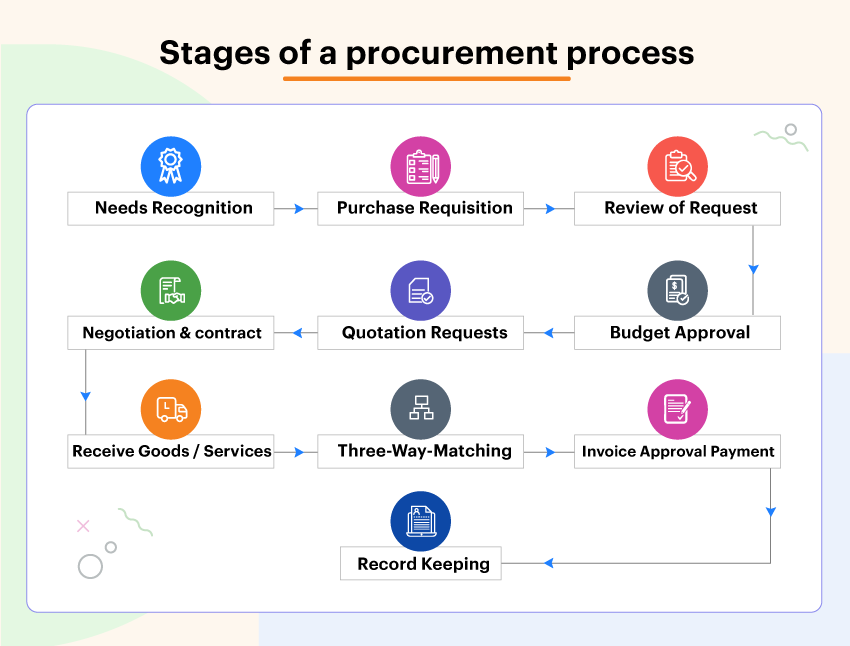

![As A Purchasing Professional What Is Your Most Important Decision How to Build a Solid Procurement Strategy for 2024 [9 Steps]](https://kissflow.com/hubfs/what-is-procurement-strategy.png)
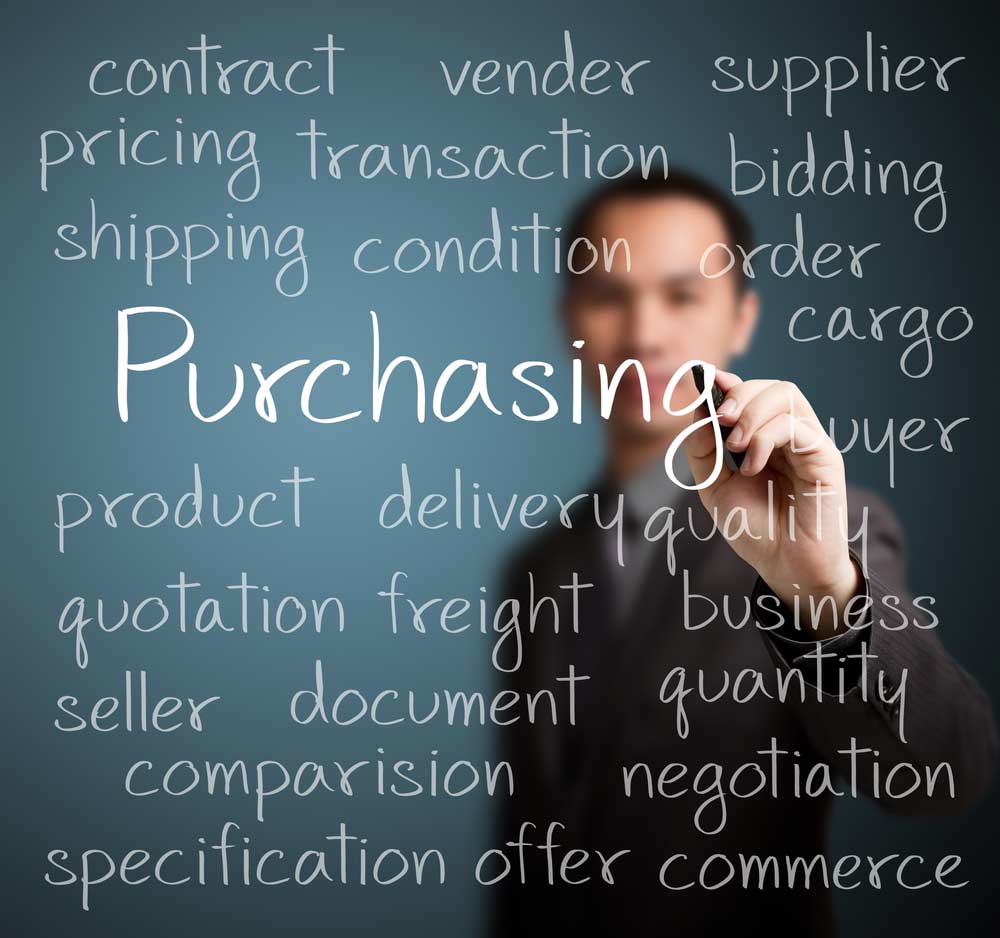
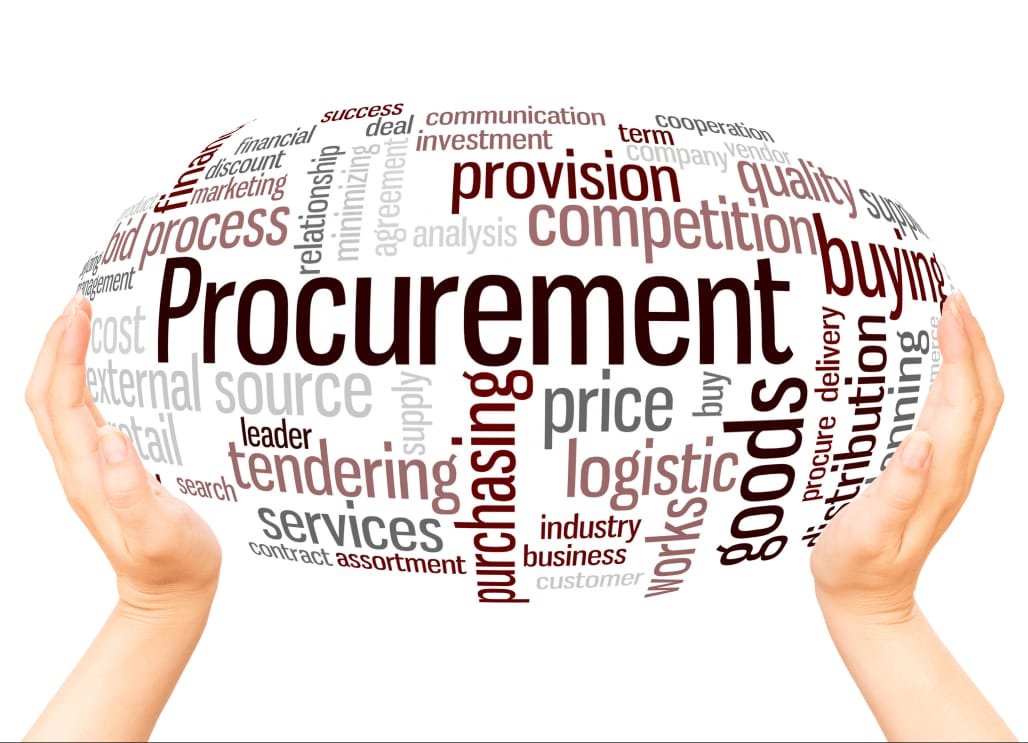
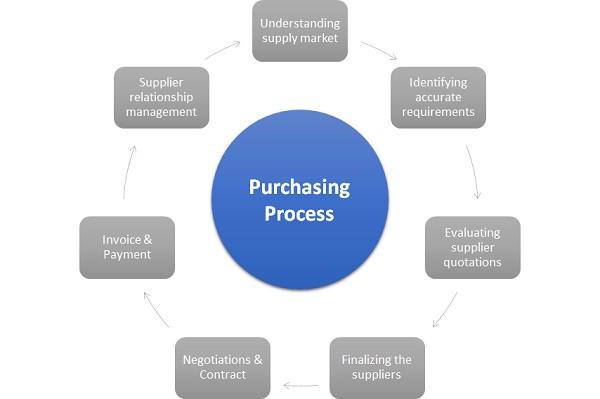
![As A Purchasing Professional What Is Your Most Important Decision What is Procurement Management & What are the Benefits? [2022]](https://simfoni.com/wp-content/uploads/2022/01/Components-of-Procurement-Management-Plan.png)
![As A Purchasing Professional What Is Your Most Important Decision What is Procurement Management & What are the Benefits? [2022]](https://simfoni.com/wp-content/uploads/2022/01/Benefits-of-Procurement-Management.png)
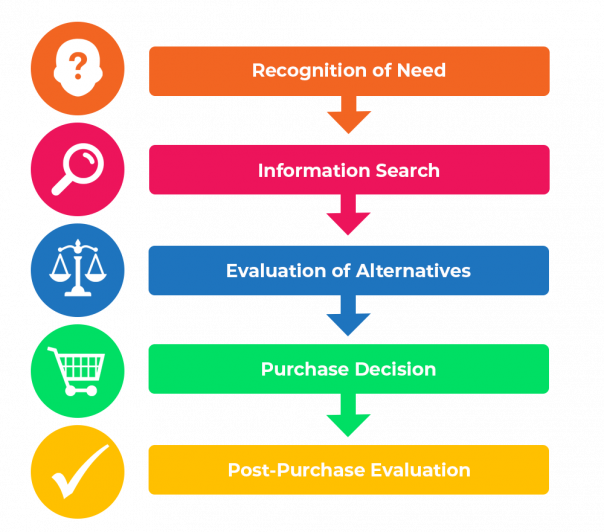
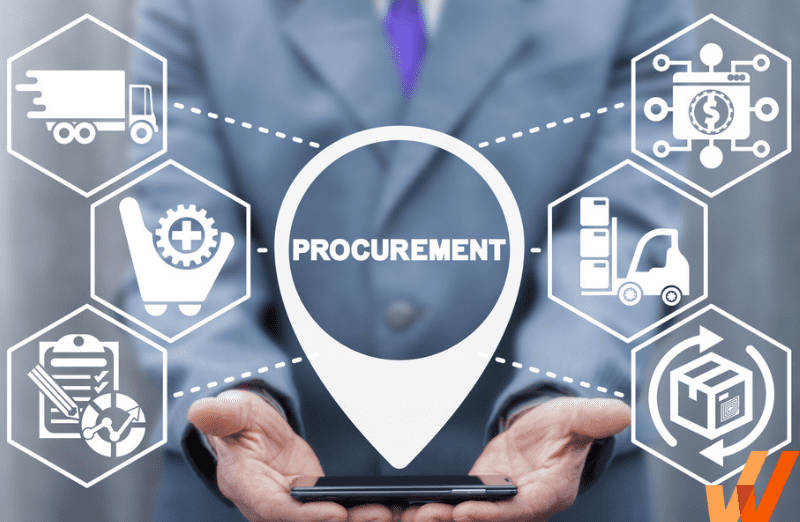
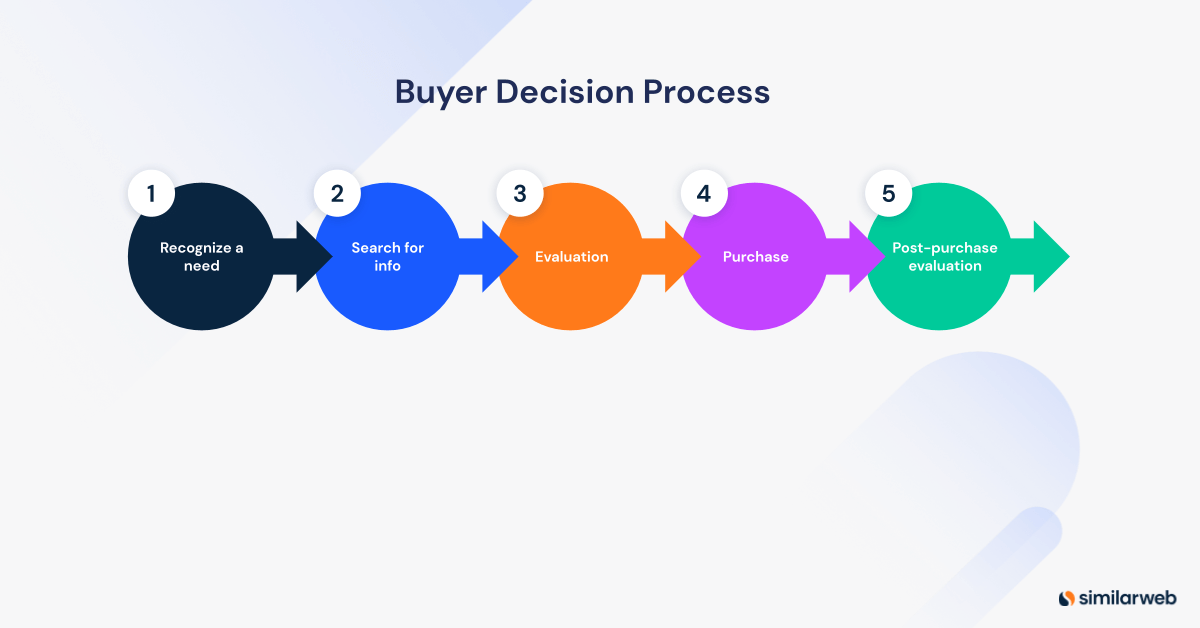
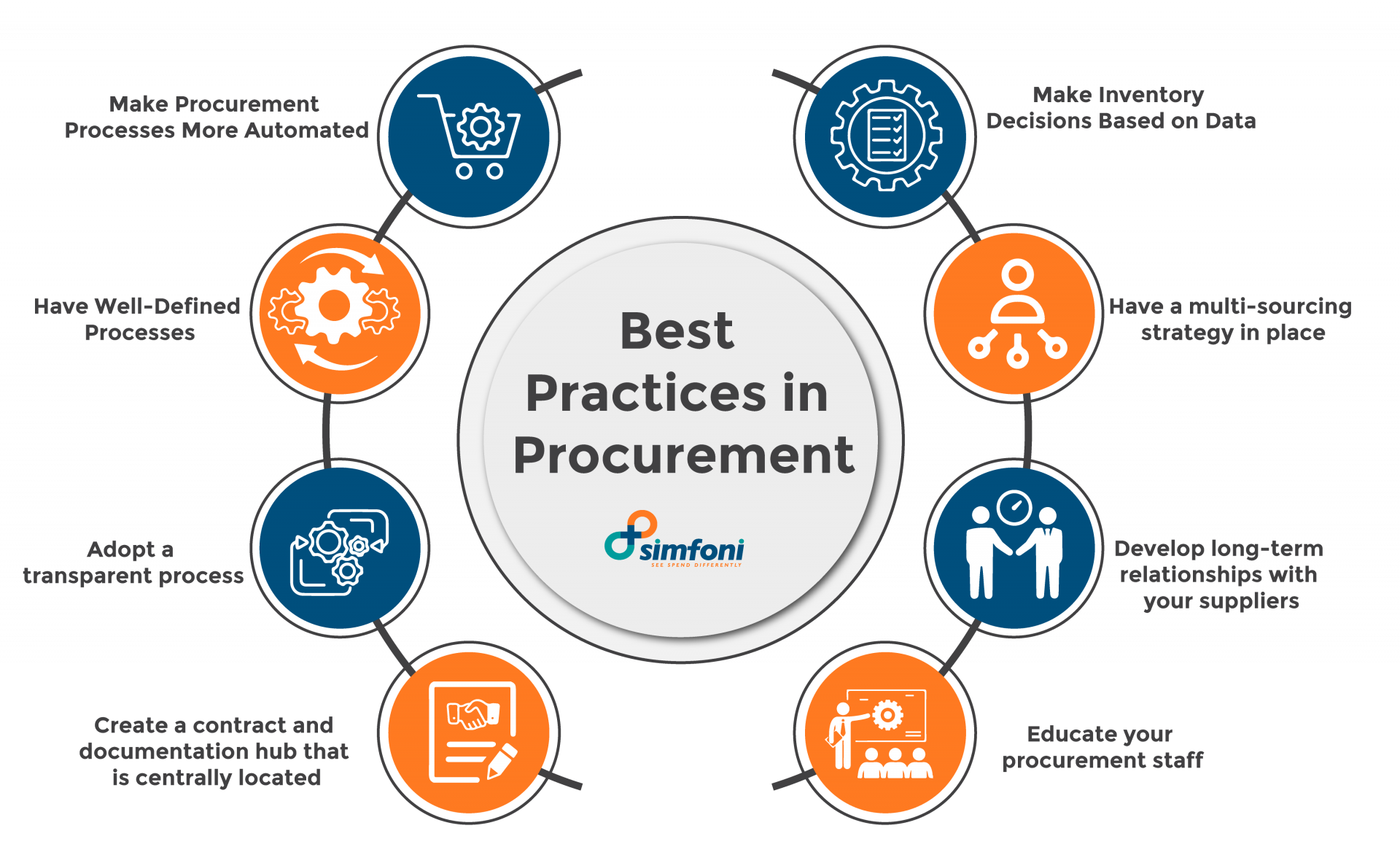
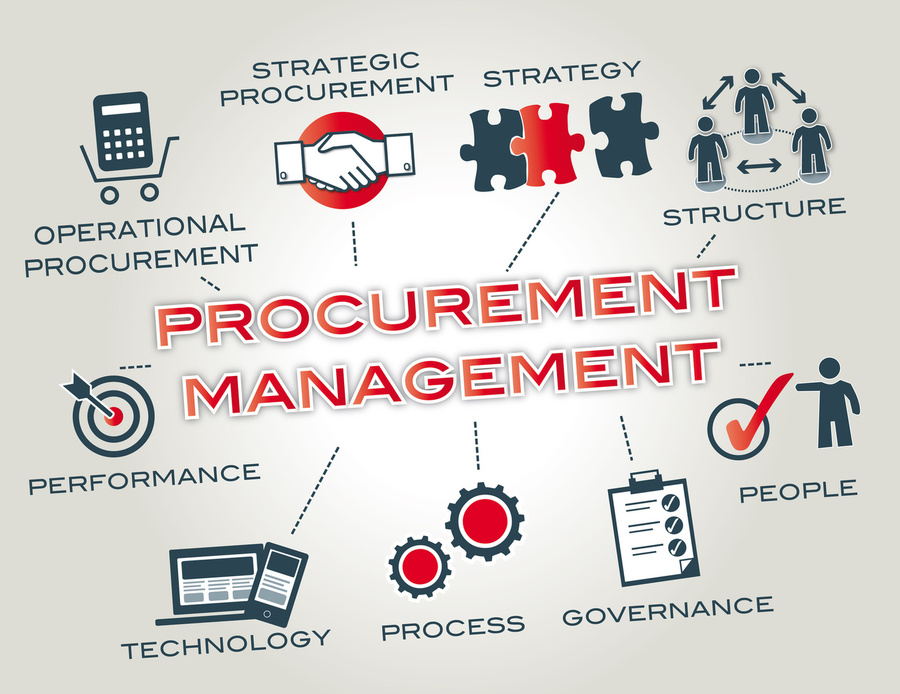
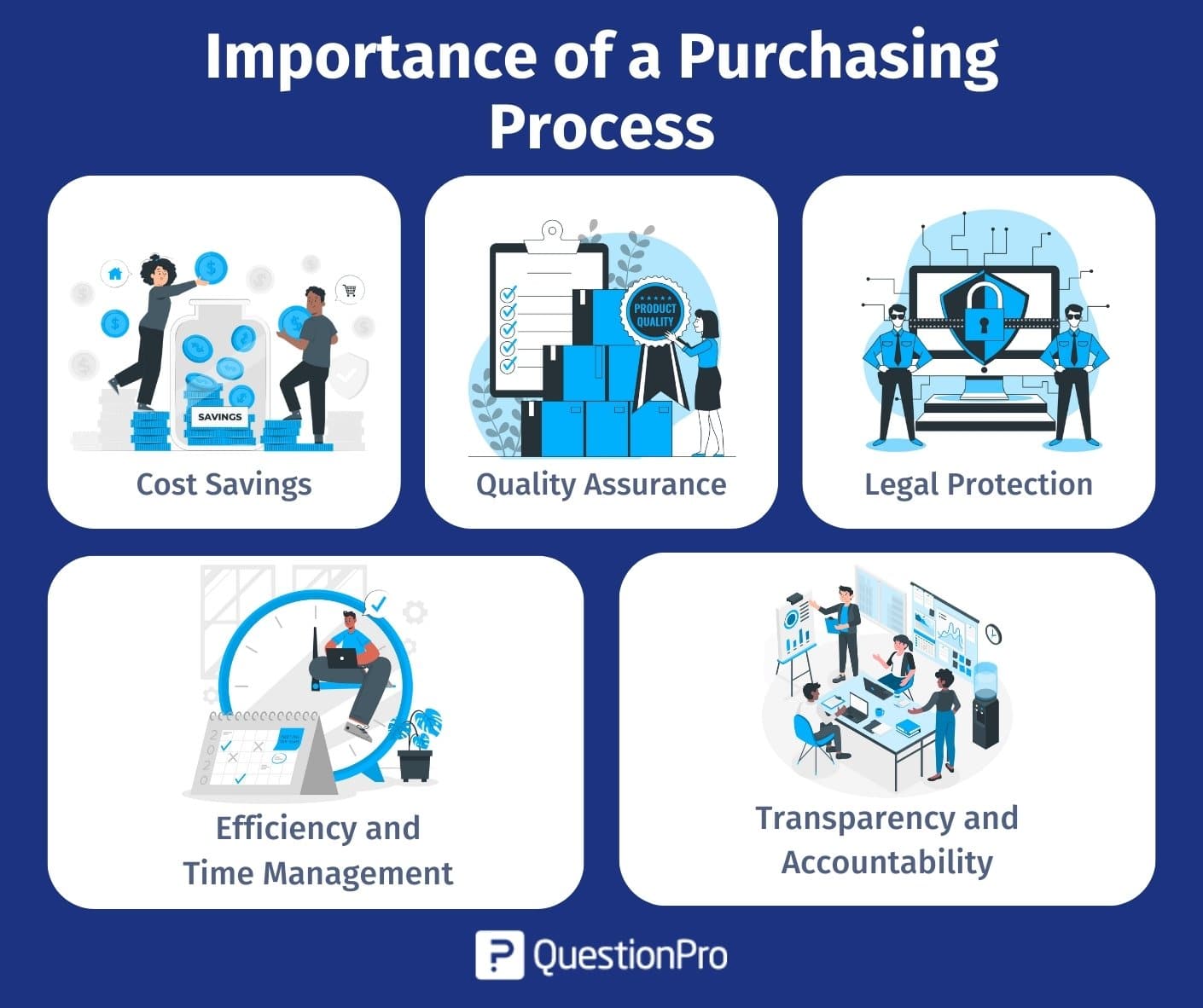
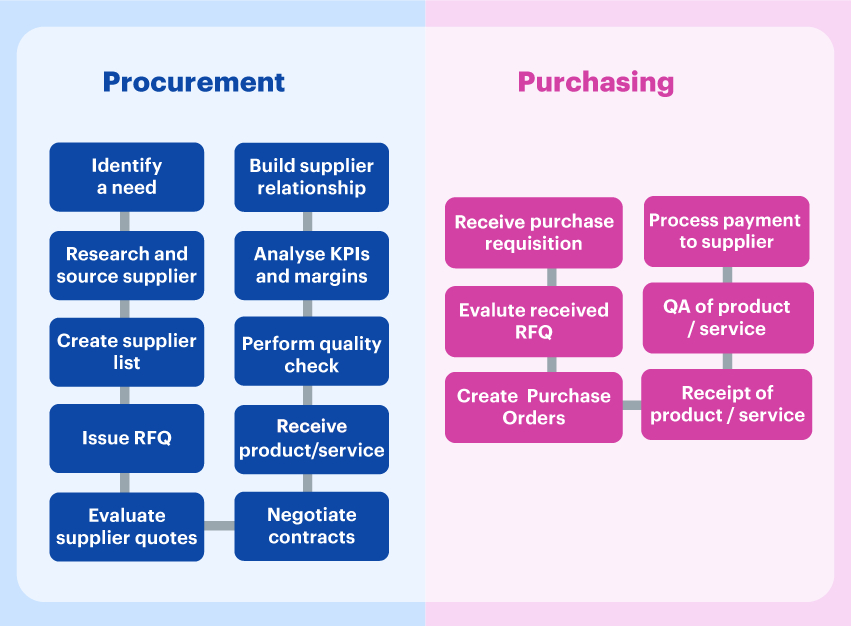
![As A Purchasing Professional What Is Your Most Important Decision What is Procurement Management & What are the Benefits? [2022]](https://simfoni.com/wp-content/uploads/2022/01/Steps-involved-in-Procurement-Management-Process.png)

